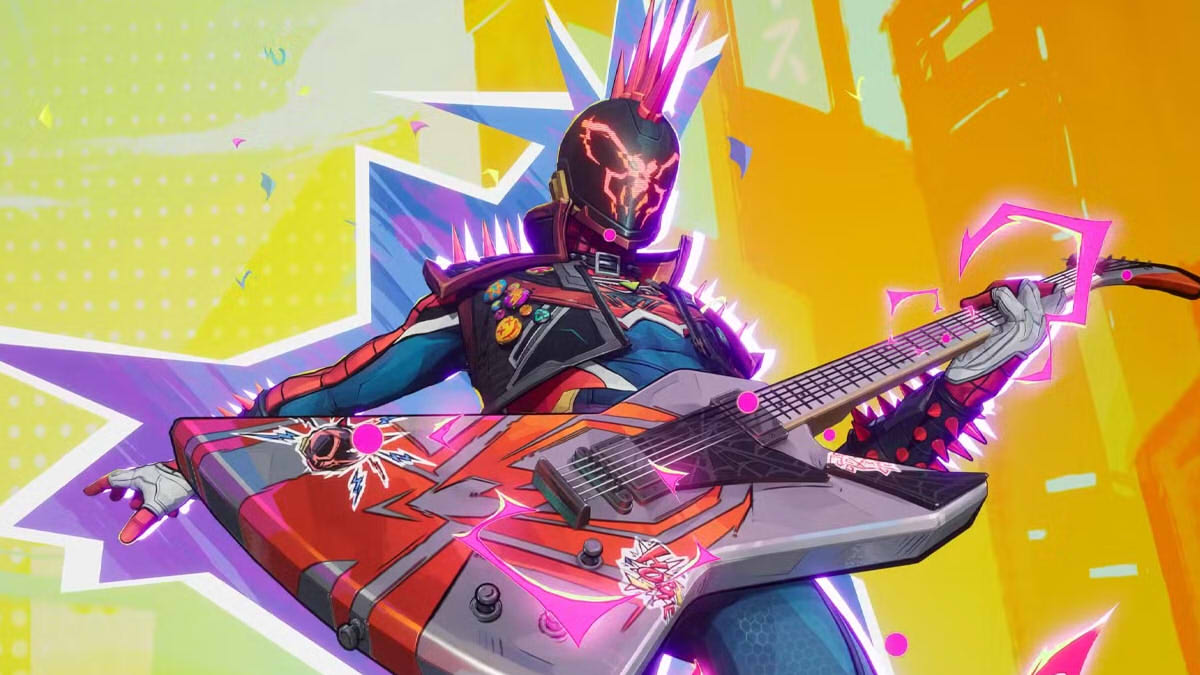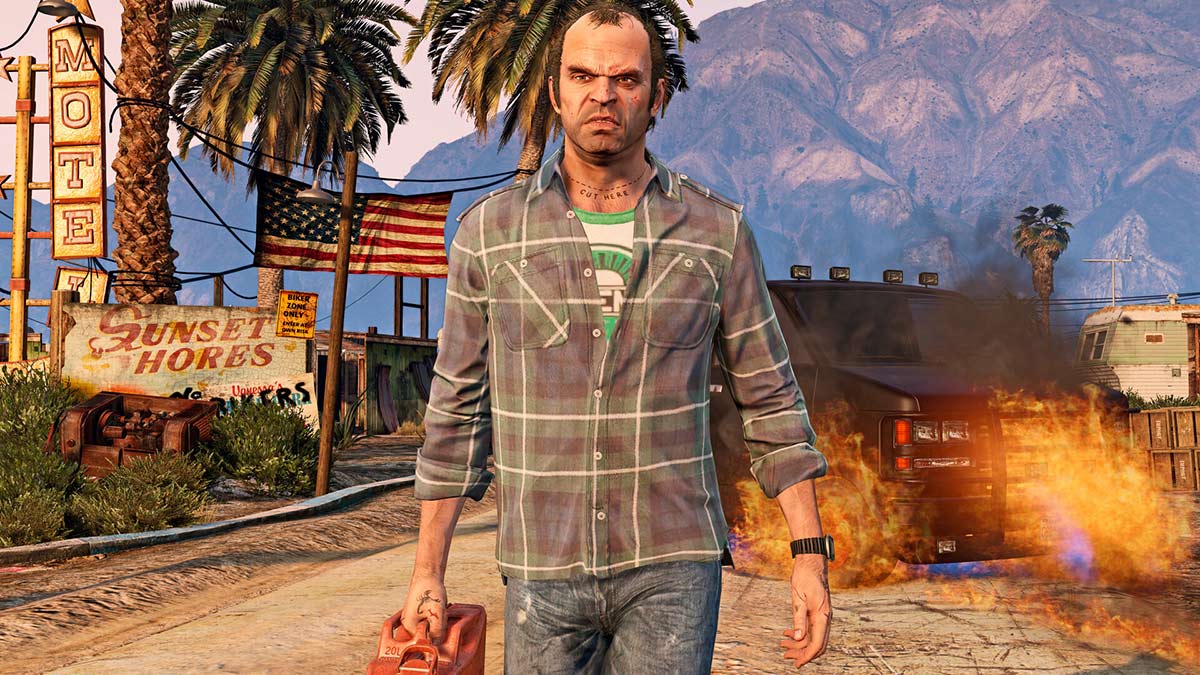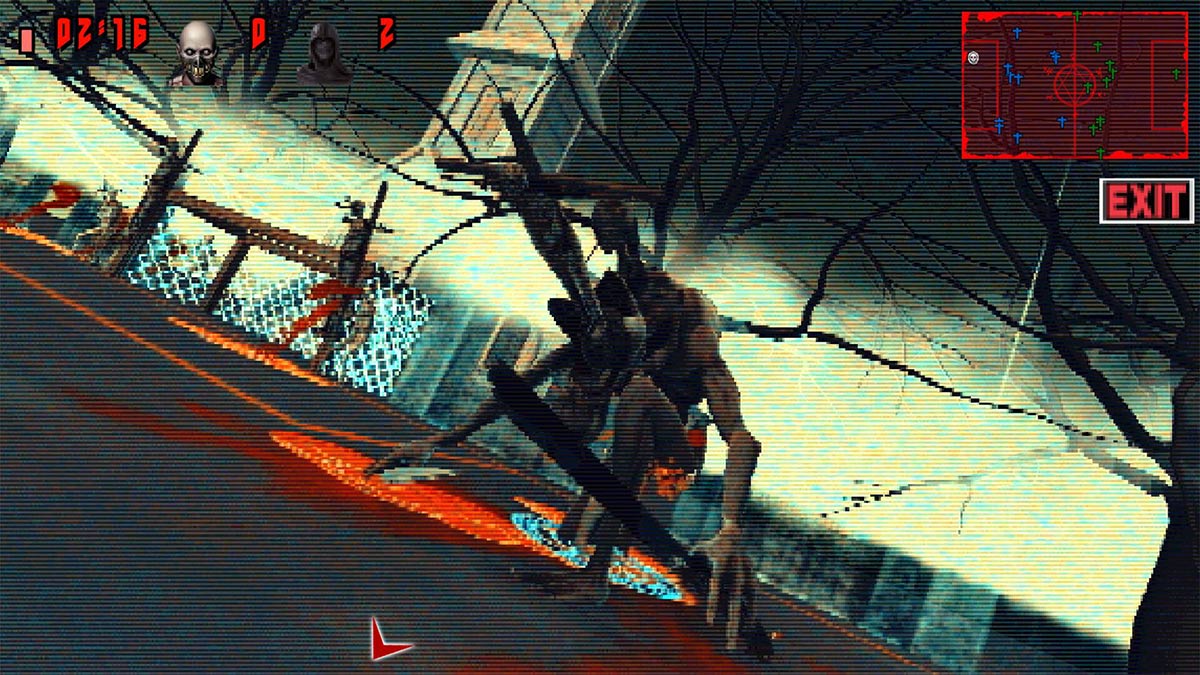Mass Effect: Andromeda was released last month and was arguably one of the most anticipated games of the year. It may not have been quite the hit BioWare was hoping for, given the dodgy animation and plethora of bugs, but that hasn’t stopped fans of the series from having a good time exploring the galaxy.
In an interview with IBTimesUK, BioWare’s lead designer Ian Frazier revealed that, at one point, the game used procedural tools in order to help create unique planets for players to explore. However, after encountering problems, the team opted to go with a more bespoke approach.
“On the gameplay front I’ll tell you we explored some very different designs early on,” said Frazier. “As you know in the game you’re the Pathfinder, and you’ve been tasked with finding these worlds to colonize and/or make peace with the natives. Originally we leaned much more heavily into that.
“We were looking at a game that used a lot more procedural tools to have a vast swathe of planets and places to go. We spent a lot of time developing down that road, and tailoring the story towards it and so forth, and we quickly found it wasn’t yielding the results we wanted.
“You can make a giant procedural game, but we were finding that the giant procedural game wasn’t the narrative experience or the moment-to-moment experience we wanted players to have.”
In the end it was decided that quality over quantity should be the focal point of Mass Effect: Andromeda, as Frazier explained: “Through a couple of iterations we tightened that up into the story and game as you see it now. We still use procedural tools here and there, but by and large when you play the game, when you explore Eledin or Eos, those are hand built planets. So aside from specific story changes, that’s the biggest change – that shift to quality over quantity.”
When asked if a future Mass Effect game could focus more on procedurally generated tech, Frazier said: “Oh it’s possible. We explored it on several fronts. ‘Procedural’ is a buzzword that gets thrown around a lot these days, as if there’s one magical procedural tool that does it all. But we had some stuff we looked at for how terrains were generated, or how we placed content on planets. And a little bit of that actually survived and made it into the final game, even though we weren’t using it for the same reason anymore.
“So when you’re driving the Nomad around on the surface, some of the smaller scale conflicts you’ll find are using a system we built called ‘Storyteller,’ which is procedural. It’s a game director of sorts that’s asking ‘how long is it since this player has had a fight? How long is it since they’ve talked to somebody?’ and shifting around the odds of certain micro-events spawning based on that.”
How would you feel about a Mass Effect game that procedurally generates planets? Could it be a great way to feel like you’re embarking on an adventure unique to you, or would it detract from the overall story?
More News:
- Watch Dogs 2 to Get Free Multiplayer Modes and Customization Items Next Week
- Lady Layton Will Be Coming to the West this July, But Not on 3DS
- The NES Classic Edition is Getting Discontinued, Starting this Month













Updated: Apr 14, 2017 09:26 am